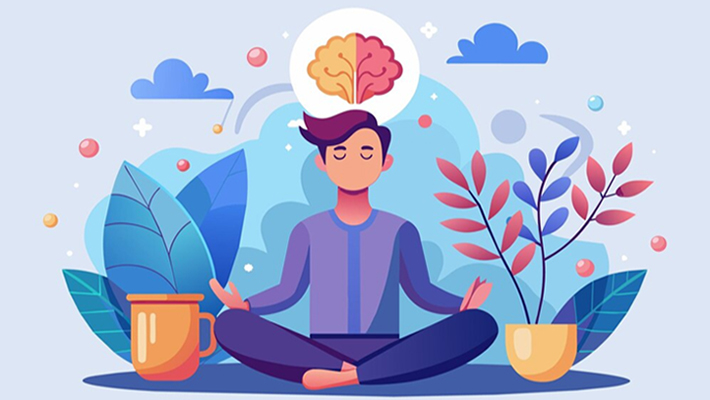
To succeed in the current generation, students are often coaxed to memorize a vast amount of data or information from an academic point of view. Often leading to cause frustration amongst students, memorizing a lot of information can often traumatize students as most of them simply do not have strong memory skills. Luckily, memorizing is not just a special characteristic that students are born with but by implementing the right skills anyone can enhance their memorizing capacities. It is often believed that, students who use memory tricks to retain vital information tend to perform much better than those who do not. Assisting the students to enhance their working memory as well as access long term memory, these techniques can also enable the students to remember some important concepts not only for years but even for life.
This article focusses on some effective memorization techniques that can help students to perform better in their studies.
- Understanding the information first: While trying to memorize something, just mugging up the concept won’t do. We all know that simply mugging up a concept can easily be forgotten and this might put students in crucial situations in exams, viva-voce or interviews. So, it is necessary to understand the information first. Only after then it will be easier for the students to memorize. If you think that you don’t understand the material, it is better to spend some time on understanding the information before trying to memorize it.
- Discover the Link it: Attach the information you are trying to learn with something that you already aware of. Information in seclusion is more tough to recollect than data or information which are connected to other concepts. Even if you cannot think of a way to link the information to a known topic or subject, sometimes it is preferable to put up a childish connection. It might seem absurd at first, but it can aid that fact to stick in your memory.
- Get a Good Sleep: Research often reflect that human brain processes and store info while we sleep. Students should try to analyse necessary information just before they go to sleep and they will see that it helps in the retention of information in your memory for a long period of time.
It is often believed that, students who use memory tricks to retain vital information tend to perform much better than those who do not. - Self-Assessment: Test yourself often by enthusiastically trying to recall the vital information you are trying to remember. Ensure that you actively quiz yourself instead of simply rereading the notes or a textbook. Ask yourself questions and compel yourself to recollect it without glancing at the answer or material. This will not only encourage you to categorize the areas you happen to struggle with but you can also do one of the memory tricks of linking the information to help yourself memorize it. Although, it is advisable to avoid quizzing yourself instantly after memorizing something. Students should take some time and wait for a few hours, or days to see if they can get past this self-testing phase.
- Writing it out: Writing often help us significantly to encode information that we’re trying to acquire because there is a vital connection between our hand and our brain. Students should try writing their notes by hand during a lecture and then should go for either rewriting or rearranging information by hand after a lecture. While writing a piece of information you want to remember, saying the concept out loud and then trying to visualize it as well can lead to greater memory retention.







